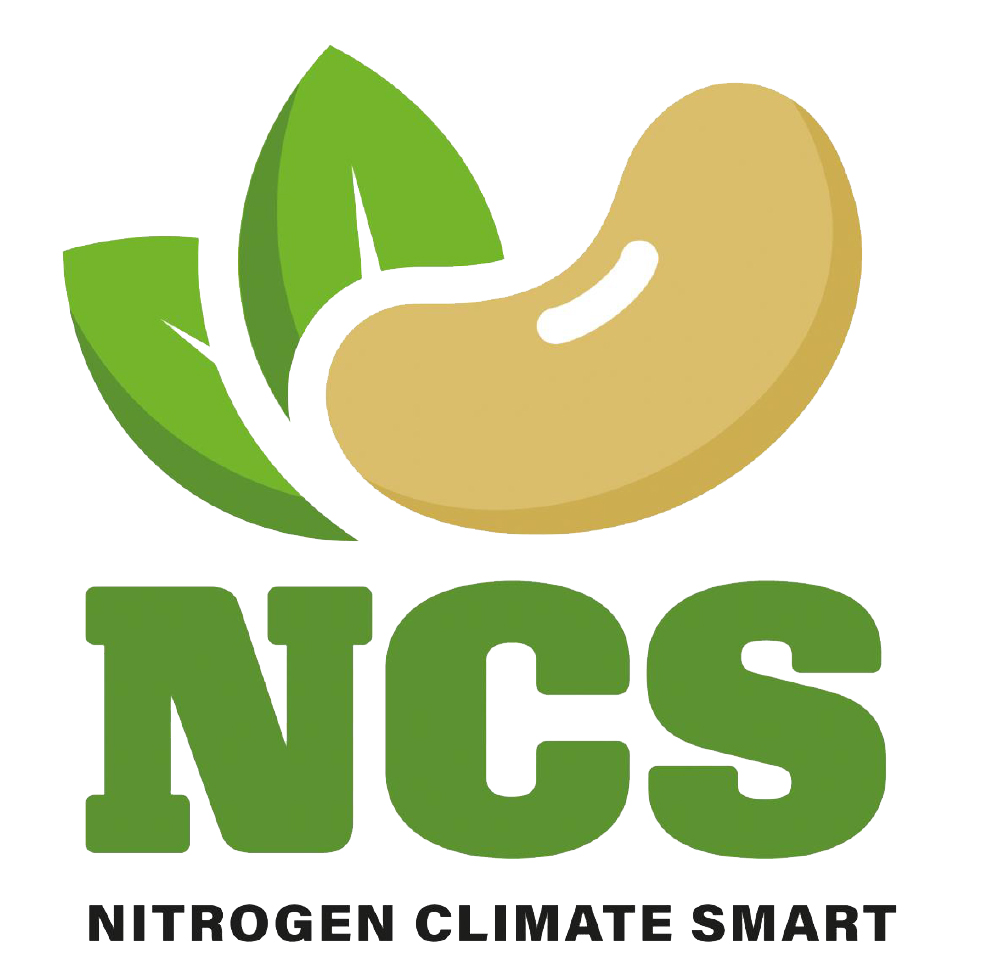We are proud to be part of the Nitrogen Efficient Plants for Climate Smart Arable Cropping Systems (NCS) Project. This farmer-led research programme aims to increase pulse and legume cropping in arable rotations to 20% across the UK and to develop and test new feed rations which include pulses and legumes.
By increasing pulse and legume cropping, livestock farmers will be better placed to substitute some of the imported soya meal that is widely used in animal feeds. Furthermore, increasing home-grown pulses and legumes can help reduce the carbon footprint of UK agriculture, through reductions in the use of synthetic nitrogen fertiliser.
Who is involved?
This is a four-year project involving 200 UK farms and 18 partners, including research institutes, companies and farmer networks. It is led by PGRO (Processors and Growers Research Organisation) and funded by the Defra Farming Innovation Programme.
Our involvement at FCT
FCT is leading the work of assessing the carbon impact of producing legume and pulse-based animal feeds, increasing legumes in rotations, and the impact of feeding them in place of imported soya beans. Through the project, we will update our Farmer Carbon Calculator, with improved emissions factors and methodologies, drawing on the new research and life-cycle assessments being completed by this project.
How to get involved
Head over to the PulsePep website to join the community of farmers that share knowledge and insights on pulses and other nitrogen efficient plants plus results of on-farm trials.
Pulse Pioneers
As part of this project, farmer-led trials are being carried out by ‘Pulse Pioneers’, helping inform the practices to achieve these goals. If this sounds like something you might be interested in, you can go to the Pulse Pioneers webpage to learn more about the requirements and opportunity to get involved.
Further details: Approach and Impact
To test the impact potential, the NCS Project will:
- Elaborate on how greater grain legume inclusion in crop rotations nationally can help achieve ‘Net Zero’ (NZ) farming pathways.
- Establish the nutritional and financial feasibility of using nationally produced legume grains to account for 30% of national livestock feed use.
- Assess, identify, and help create markets for the additional grain-legume yield.
At the Project outset, PGRO estimated that a 20% pulse crop inclusion in crop rotations nationally would reduce the carbon footprint of UK agriculture by 1.5MT CO2e annually, which would represent an almost 50% reduction of UK agriculture’s total footprint (2.8MT CO2e; DEFRA Agri-climate report 2021). This would be achieved mainly from: reductions in synthetic (mineral) nitrogen fertiliser use and, replacing 50% of the currently used (mainly soybean) imported grains. In addition to reducing the emissions of UK agriculture, it’s thought that this change would reduce total input costs to UK farming by over £1 billion!
The fulfilment of these objectives is founded upon building a collaborative farmer-scientist community. This foundation allows for the gathering and exploitation of data from field research partners, industry-led grain and silage processing and animal feeding trials, field-scale long-term studies, and controlled-environment platforms. This approach also allows for the establishment of the PulsePep discussion and innovation forum.
Data at field scale from farms and long-term field sites will support the development and use of different modelling tools to assess the environmental and commercial impact assessment of increased legume cropping nationally. This will allow extrapolation of field and farm scale assessments to that of the regional, national, and therefore global (trade) situations.
Find out more
- Visit the NCS project page on FarmPep to find out more.
- Press release about our involvement in the project


